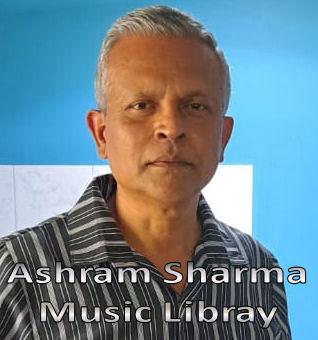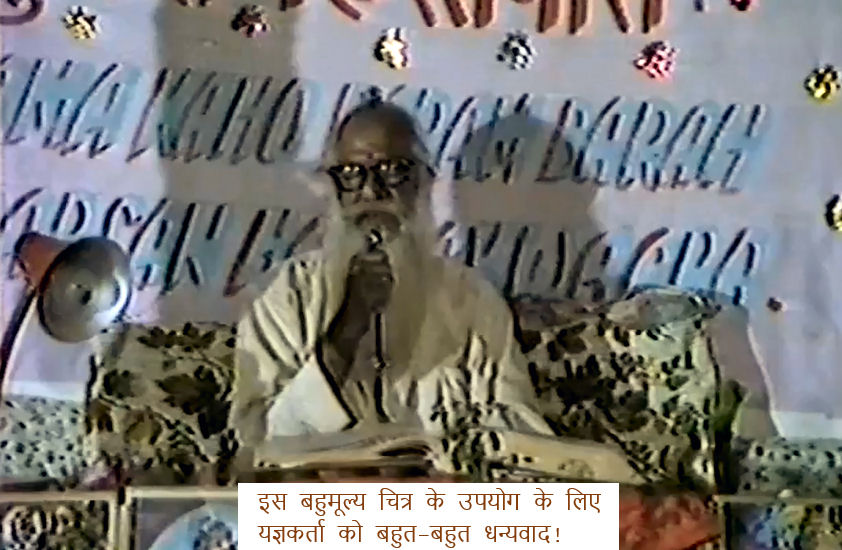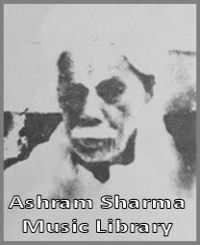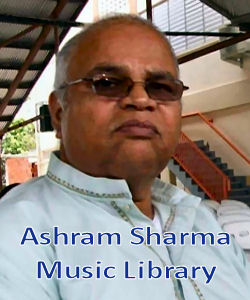
Yusuff Khan
The world of Indian Classical Singing in Trinidad and Tobago was profoundly enriched by the incomparable talent of Yusuff Khan of Ben Lomond Village, Gasparillo. From a very young age, Yusuff was destined for the stage, nurturing his gift under the guiding influence of old masters like Pandit Ramnarine Maharaj and the deeply knowledgeable Pandit Mahase Maharaj. These mentorships shaped a career that would capture the hearts of thousands.
Yusuff’s journey to stardom began with an early public appearance on the beloved Sunday Morning Indian Hour, hosted by Mr. Moean Mohammed. His natural talent was undeniable, leading him to triumph in numerous singing competitions throughout his career. He became a familiar and celebrated figure nationwide, often appearing on the iconic Mastana Bahar Programme on TTT.
What truly set Yusuff apart was his mastery of a distinctive singing form, delivered with infectious passion and gusto. This unique style was not only admired by his vast audience but also emulated by many of his peers. A versatile artiste, he was a founding member and an early, popular star of the ever-popular Dil-e-Nadan Orchestra and a frequent star on the popular stage of The Indian Cultural Pageant of Trinidad and Tobago. Legends like Amarnath Patasar and Lily Ramcharan consistently spoke of his greatness and versatility.
His musical legacy includes a treasure trove of hits that continue to resonate, such as “Bindraban Basi Gayo Mathura Ki Chor,” “Aaj Sawaliya Sasur Ghar Jana,” and “Raskay Dinan Sakhi,” among many others. Yusuff’s captivating voice extended far beyond his homeland, earning him adoring fans in Guyana, Suriname, India, the USA, Canada, and the Netherlands.
Tragically, this great artiste left us way too early in May 2011, creating a profound void in the Indian Classical Singing World. Though gone, the rich, soulful voice of Yusuff Khan remains an indelible part of Trinidad and Tobago’s cultural tapestry, a beautiful memory cherished by music lovers across the globe.
“Do you have a special memory captured on film or audio? Please email any photos, videos, or audio recordings you may have to hindisongstt@gmail.com. We are looking to preserve the many beautiful moments shared with the renowned Yusuff Khan.” (Copyright Pandit Ashram Sharma 2026).



































